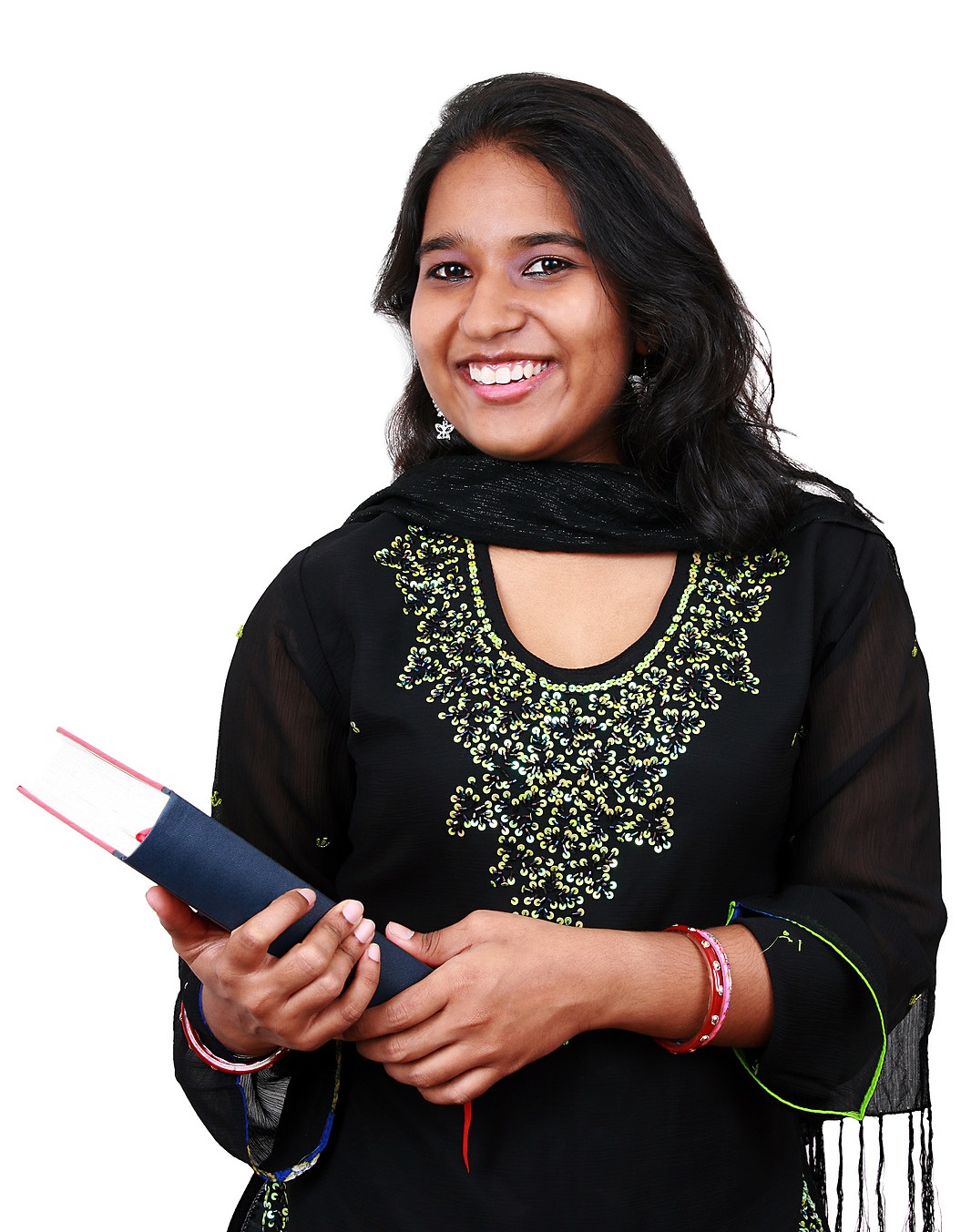
Broad-brush approach won’t help ethnic minority women
Making up 8% of the Hong Kong population, ethnic minorities (EM) are one of the disadvantaged groups the EOC is committed to empowering through outreach, corporate training, and advocacy. EM women, in particular, may be doubly marginalised as they find themselves on the receiving end of both racism and sexism. The issue was the focus of discussion at a recent meeting of the Legislative Council’s Subcommittee on Rights of Ethnic Minorities on 5 June 2018, to which the EOC submitted a paper detailing its views and recommendations.
According to the 2016 Population By-census, 76.5% of the EM population are female. The first step towards addressing their needs, the EOC believes, is to understand that EM women, and indeed EM communities in general, cannot be lumped into one homogeneous group. Nepalis and Pakistanis, for instance, often fall under the broad “South Asian” umbrella in local discourse, when in fact there are significant differences between them: while 63.2% of Nepalese women in Hong Kong are in employment, the labour force participation rate among Pakistani women is much lower – at 19% – partly because of traditional beliefs that deter them from stepping out of the house, and also because of larger household sizes which translate into heavier homemaking and child-rearing burdens. Meanwhile, foreign domestic workers (FWDs), mostly coming from the Philippines and Indonesia, are in a situation all their own, as they are hired as live-in helpers and exposed to greater risks of sexual harassment and pregnancy discrimination.
Such cultural specificities call for tailored intervention measures rather than a broad-brush approach. The EOC therefore recommends an assortment of policies, such as providing additional funds to NGOs for enhancing childcare facilities targeted at Pakistani mothers, raising awareness of existing support services for victims of domestic abuse through the right channels (e.g. reaching out to Nepalese women through community centres where they work or visit frequently), and granting an exception for FDWs who have been unfairly dismissed and staying in the city for a pending case to continue to access public healthcare. Only when we heed the diverse needs of different EM communities can we begin to build a truly inclusive society.

